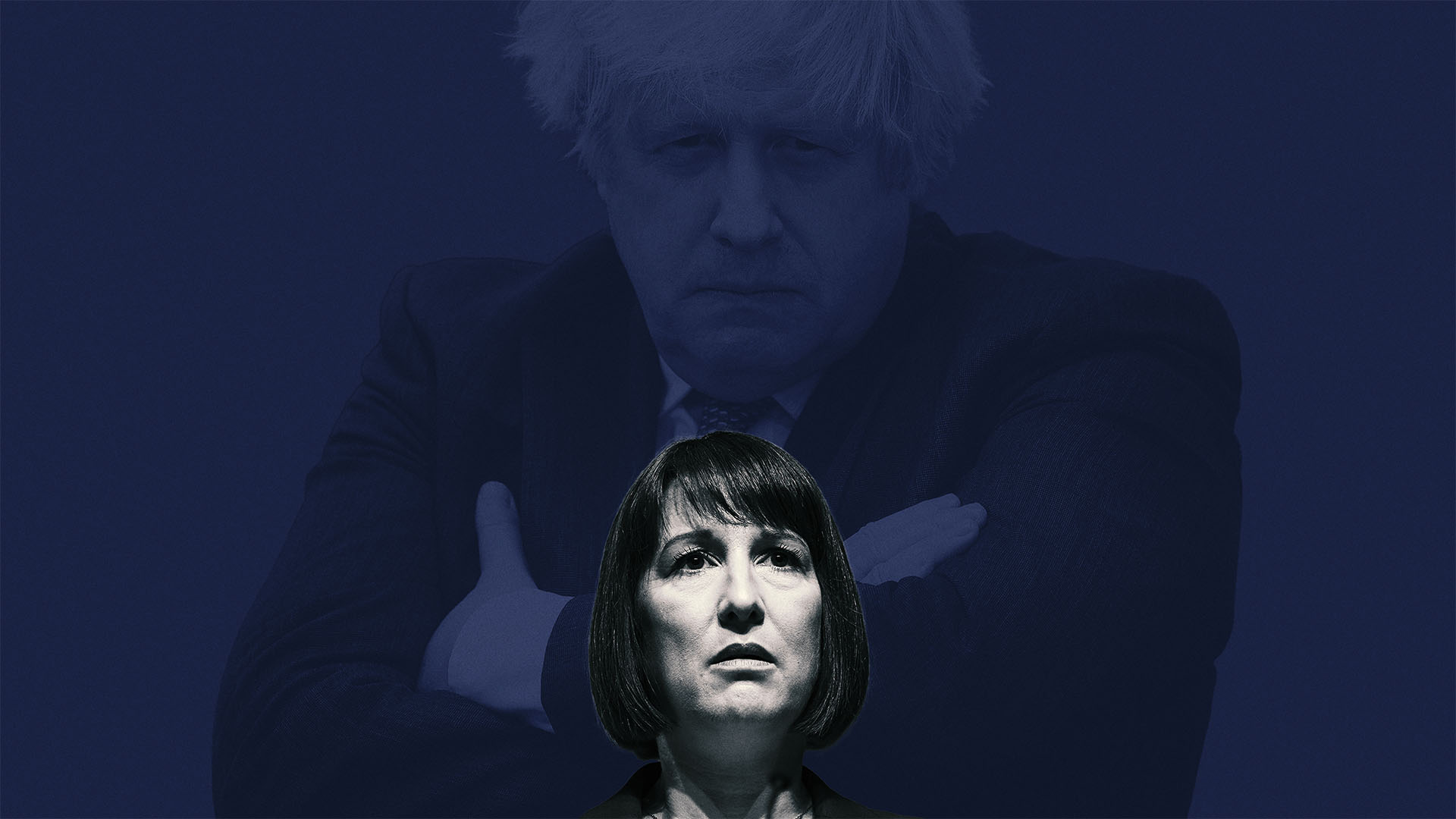The astronauts are back! Sunita Williams and Barry Wilmore, two astronauts at Nasa, were returned to Earth by SpaceX’s Dragon capsule on March 18 after spending an unscheduled nine months on the International Space Station (ISS) orbiting our planet.
Their mission was only meant to last 10 days or so. But technical problems with the Starliner capsule, a supposedly pioneering new spacecraft made by Boeing that delivered them to the ISS in July 2024, left them in space for a lot longer.
It sounds like the plot of a sci-fi thriller, with echoes of Andy Weir’s 2011 novel The Martian, made famous from the 2015 movie adaptation with Matt Damon.
The reality was never so dramatic. Starliner showed a few glitches early in the mission that meant it was kept at the ISS for thorough tests, but Nasa stressed that it was considered safe for the return trip at any point, in the event of an emergency. The astronauts were never truly stranded, nor in any danger.
The incident became a cause célèbre after SpaceX’s founder, Elon Musk, suggested that the astronauts had been “abandoned” by the Biden administration for unspecified political reasons. Danish astronaut Andreas Mogensen, who has been on two ISS missions, called him out, tweeting “What a lie” – whereupon Musk threw a hissy fit, calling Mogensen “fully retarded”. Musk and Donald Trump have been keen to present the SpaceX flight as a rescue mission, whereas in fact it was a routine flight to rotate the ISS occupants.
The whole affair could seem rather farcical, but there are arguably some lessons to take away from it. First, it is a reminder of how unwise (to put it mildly) it was of Nasa to let itself become so dependent on Musk and SpaceX for its spaceflight capacity. The company’s Dragon 2 reusable capsule, launched from its Falcon 9 rocket, is routinely used for ISS missions.
Starliner was to have offered an alternative, but its future is now unclear. To have made the space programme contingent on the whims of the increasingly erratic and politically motivated Musk must now be causing unease at Nasa – at least among those who will survive the 50% cut Trump is expected to make to its science budget.
Musk’s so-called Department of Government Efficiency is meanwhile reviewing contracts and spending at Nasa, in a conflict of interest about the size of Jupiter. For Musk, getting one of his rockets to Mars with a crew on board seems to be the most urgent goal for the space programme; it seems Nasa may have no option but to agree, despite the scientific barrenness of that notion.
But there again, these ISS shenanigans remind us that Nasa’s goals have never been just or even primarily about science. Space programmes have, ever since the Apollo days, been at least partly political and public-relations exercises.
The ISS, launched in 1998, has served an inspirational role as an exemplar of international collaboration, uniting Russian and American efforts back in the days when their political interests were not always aligned (remember those days?).
Its scientific value was, however, never so clear. Despite grand claims about the science that would be conducted in the station’s near-zero gravity – growing better protein crystals that would be used to develop new drugs, that sort of thing – the scientific payoff has been very meagre, especially at such huge expense (estimated at around £120bn). Nobel laureate physicist Steven Weinberg called the ISS an “orbital turkey”, pointing out that its alleged value for studying how to keep humans alive and well in space is a circular argument.
Many scientists roll their eyes at the attention-grabbing antics surrounding the ISS, like getting pizzas delivered there. “The only time the ISS makes news is when its toilets stop working or an astronaut floats about with a guitar singing Space Oddity,” said Martin Rees, the UK astronomer royal.
The latest escapades of “not really stranded” astronauts reinforce that point. Williams and Wilmore were never at risk, all the sound and fury being a political psychodrama that merely reminds us of human space travel’s capacity to attract the powerful and delusional for purposes of their own.
Weir’s book inadvertently exposed the emptiness of the quest, its spiritually and imaginatively vacant characters unable to articulate their reasons for going to Mars anyway.
Faced with the need to explain themselves after rescuing the stranded astronaut, one character says: “Every human being has a basic instinct to help each other out” – while neglecting to explain why we should put them in such danger in the first place.




